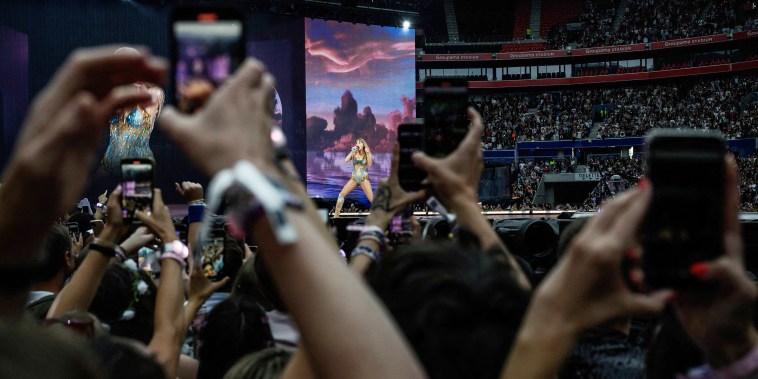The Funflation Effect: A Shift in American Spending Habits
The concept of inflation has long been a concern for economists and consumers alike. However, a new phenomenon, coined as the funflation effect, is reshaping the way Americans are spending their money. This trend is characterized by a shift towards increased spending on travel and entertainment, rather than traditional goods and services.
One of the key drivers of the funflation effect is the changing priorities of consumers. With the rise of the experience economy, people are placing greater value on experiences and memories over material possessions. This shift in mindset has led to a surge in spending on travel and entertainment, as individuals seek out new and exciting experiences to enrich their lives.
Another factor contributing to the funflation effect is the increasing availability and affordability of leisure activities. Advances in technology have made it easier than ever for people to access a wide range of entertainment options, from streaming services to virtual reality experiences. Additionally, the rise of the gig economy has provided individuals with more flexibility in their schedules, enabling them to pursue hobbies and travel more frequently.
Social media also plays a significant role in driving the funflation effect. Platforms such as Instagram and Facebook have created a culture of sharing experiences, motivating people to seek out new and unique activities to showcase to their followers. The desire to curate a visually appealing online presence has led many individuals to prioritize travel and entertainment in order to capture the perfect photo or video.
The COVID-19 pandemic has further accelerated the funflation effect. As lockdown restrictions forced people to stay home and limited their access to traditional forms of entertainment, many turned to travel and outdoor activities as a way to escape the monotony of daily life. The pent-up demand for experiences after months of isolation has spurred a surge in travel bookings and leisure spending as people seek to make up for lost time.
In conclusion, the funflation effect represents a significant shift in American spending habits, with consumers increasingly prioritizing travel and entertainment over material goods. This trend is driven by changing consumer preferences, advances in technology, the gig economy, social media influence, and the impact of the COVID-19 pandemic. As the funflation effect continues to shape the economy, businesses in the travel and entertainment industries stand to benefit from the evolving preferences of consumers seeking new and exciting experiences.
